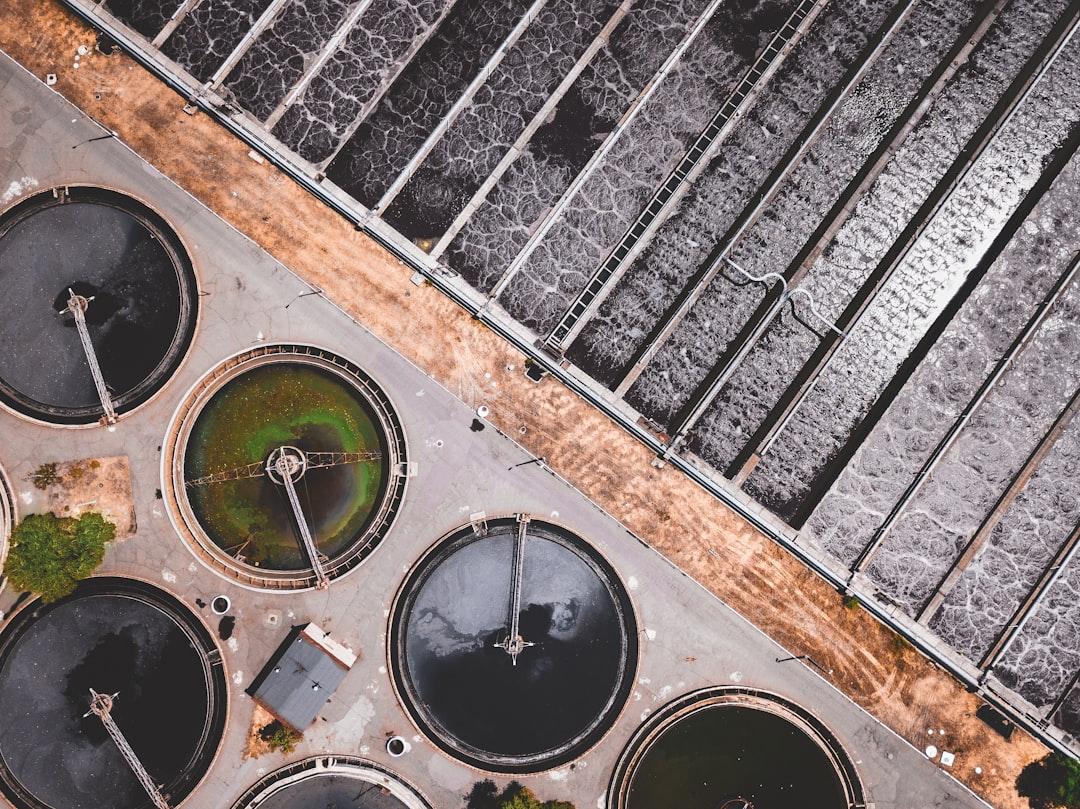Dealing with sewer issues can be a homeowner's worst nightmare, but it doesn't have to be. Whether it's a clogged drain, a foul odor, or a backed-up basement, these problems can disrupt daily life and cause significant stress.
With the right knowledge and a few practical tips, many common sewer issues can be resolved quickly and easily, saving you time, money, and frustration. Let's explore some of the most frequently encountered sewer problems and provide step-by-step solutions to help you tackle them with confidence. Say goodbye to plumbing woes and hello to a smoothly functioning home!
Clogged Drains
One of the most prevalent issues homeowners face is clogged drains: they can be caused by a buildup of hair, soap scum, grease, or even foreign objects accidentally washed down the drain. To effectively deal with a clogged drain, you can start with a plunger or a drain snake to physically remove the blockage.
For more stubborn clogs, chemical drain cleaners can be useful, though they should be used cautiously to avoid damaging pipes. When these methods fail, it may be time to call a professional sewer cleaning company, which has the tools and expertise to diagnose and clear blockages quickly. No more standing water in the sink or tub – problem solved!
Foul Odors
Foul odors emanating from your sewer system are not only unpleasant but can also indicate a more serious issue. These smells typically result from a dry or clogged P-trap, a broken seal in the plumbing, or a venting problem that allows sewer gas to enter your home.
First, ensure all P-traps have water by running faucets and flushing toilets. If the smell persists, inspect for leaks or blockages in the vents and seals. Using a mixture of baking soda and vinegar can neutralize minor odors. Persistent issues may require professional assistance to resolve the underlying problem effectively.
Backed-Up Basement
A backed-up basement is one of the most distressing sewer problems due to the potential for extensive water damage and the growth of mold. This issue is often caused by tree roots infiltrating sewer lines, heavy rainfall overwhelming the system, or blockages within the lateral line that connects your home to the municipal sewer.
Know the location of your home's clean-out pipe, which is typically found near the foundation and can be used to remove blockages. Regularly inspect and maintain this pipe to prevent backups. In more severe cases, professional sewer line cleaning or repairs may be necessary.
Tree Root Intrusion
Tree root intrusion is a common cause of sewer line blockages that can lead to significant damage if not addressed promptly. Trees and shrubs naturally seek out water sources, and the moisture from sewer lines can attract their roots. Once the roots infiltrate the pipes, they can cause blockages, slow drains, and even complete pipe collapse.
Avoid planting trees and large shrubs near your sewer lines. If you suspect tree roots have already infiltrated your pipes, a professional plumber can use a sewer camera to inspect the lines. Root barriers or chemical root control products can be applied to deter root growth. For severe invasions, mechanical root removal using a hydro-jetter or root saw might be necessary, followed by repairing or replacing the damaged sections of the pipe.
Sewer Line Corrosion
Over time, sewer lines can corrode due to factors like age, pipe material, and the surrounding soil. This corrosion can cause leaks, blockages, and even complete collapses of the sewer line. Here are a few steps you can take:
- Regularly schedule a sewer line inspection with a professional plumber to check for signs of corrosion.
- Avoid using harsh chemicals in your drains, as these can accelerate corrosion.
- Consider replacing old, corroded pipes with more durable materials like PVC or HDPE.
- Plant trees and shrubs at least 10 feet away from your sewer lines to prevent root intrusion.
- Be mindful of what you flush down the toilet or pour down drains, as certain items can cause corrosion or blockages.
Sewage Smell Indoors
Sewage smells indoors can be particularly concerning and unpleasant, often indicating a problem with your home's plumbing or sewer system. Causes can range from dried-out pipes and clogged drains to more serious issues like leaks or breaks in sewer lines.
Check and refill P-traps by running water, as these traps prevent sewer gases from entering your home. Use natural remedies like baking soda and vinegar to clean drains and eliminate odors. If the smell persists, it may be necessary to call a professional plumber for further inspection and repairs.

Addressing common sewer issues promptly and effectively can mitigate potential damage and maintain the health of your home's plumbing system. By understanding the root causes and applying practical solutions, you can tackle problems like clogged drains, foul odors, and tree root intrusions with confidence.
Regular maintenance and timely professional assistance are key to preventing major sewer problems. Equip yourself with the right knowledge, and your home will thank you with a smoothly functioning sewer system.










